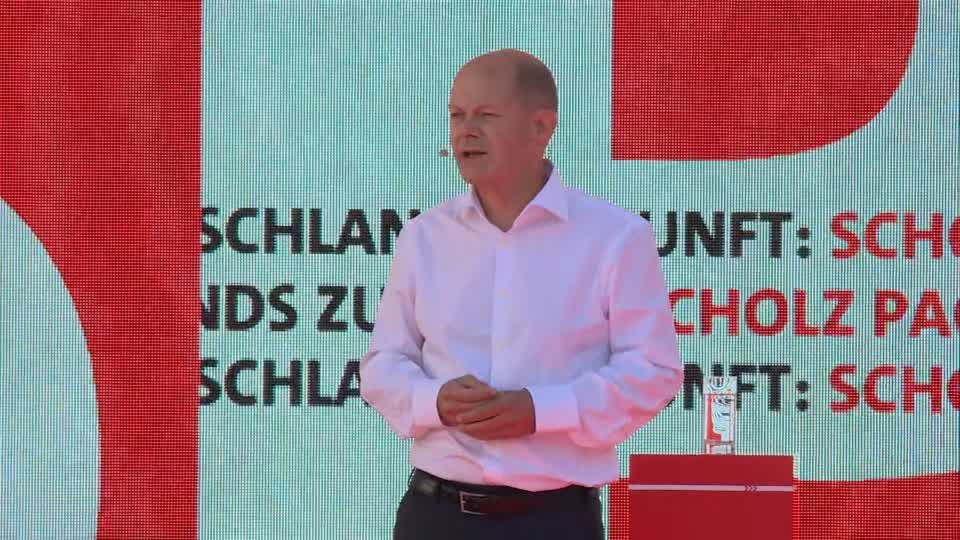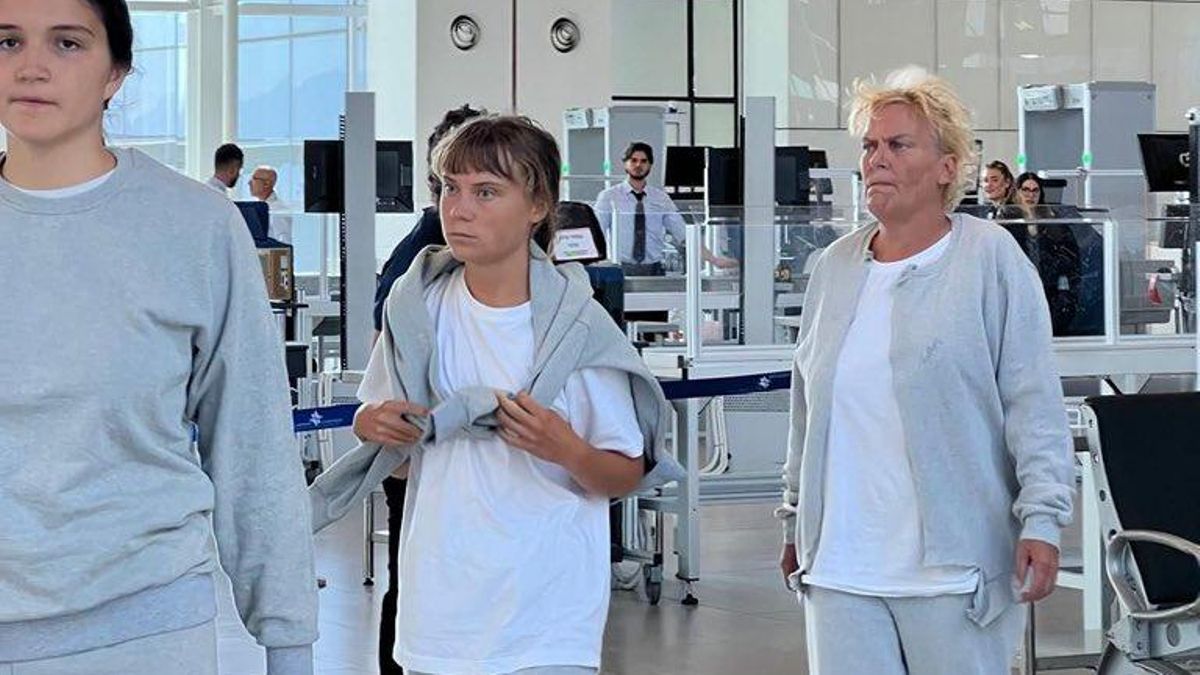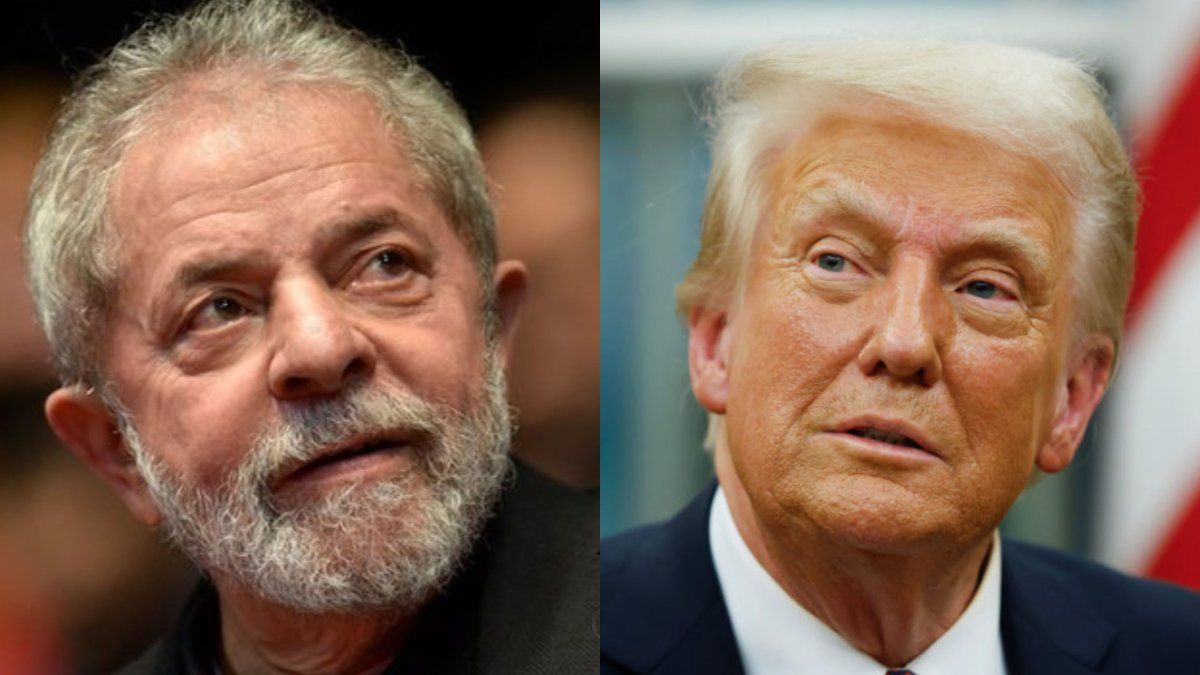A few weeks before the general election, the SPD can maintain its lead in the polls. At 23 percent, it is two percentage points ahead of the Union and five in front of the Greens, as a Forsa survey for RTL / ntv shows.
The SPD can maintain its lead over the Union in the polls. As a survey by the opinion research institute Forsa for RTL / ntv shows, the party of the Chancellor candidate Olaf Scholz is currently 23 percent. The CDU / CSU comes to 21 percent, Bündnis90 / Die Grünen is 18 percent in the survey.
The AfD gains one percentage point and comes to eleven percent. Left and FDP remain stable at six and twelve percent, respectively. None of the other smaller parties reached the 3 percent mark. The nine percent are distributed among the 48 other parties running for the election.
The survey of 2,508 respondents was conducted from August 24th to August 30th. The effects of the triall between the candidate for chancellor: Laschet, Baerbock and Scholz are therefore not yet noticeable.
Most want Olaf Scholz as chancellor
With regard to the chancellor preference, Scholz lost one percentage point compared to the previous week and with 29 percent is now 18 percentage points ahead of Laschet with an unchanged 11 percent and 14 percentage points ahead of Baerbock with an unchanged 15 percent. 45 percent would not choose any of the three applicants. If Markus Söder were the Union’s candidate for chancellor, 39 percent would vote for him, only 22 percent for Olaf Scholz and 14 percent for Annalena Baerbock.
The events in Afghanistan continue to be seen as the most important issue. 68 percent of those surveyed said that this topic was important. This is followed by the corona pandemic (55 percent) and – almost equally – the election campaign for the federal election (52 percent). The topic of the environment and climate is an important topic for only 13 percent of the respondents. For twelve percent, there are storms. Only three percent consider the economic situation to be important.
When assessing political competence, 16 percent still believe the Union can best cope with the problems in Germany. Nine percent trust the Greens and ten percent the SPD with this political competence. Eleven percent trust other parties to deal with social problems. 54 percent believe that these problems cannot be tackled by either party.

Several government coalitions possible
In the Bundestag (782 members), which is 73 members larger than in 2017 due to the overhang and compensatory mandates, the Union would only be represented by 183 members (63 fewer than in 2017), while the SPD would be represented by 197 members in the Bundestag. The Greens would occupy 154, the FDP 103, the AfD 94 and the Left 51 places in the Bundestag.
The Greens could send 87 MPs, the FDP 23 MPs and the SPD 44 MPs more than in 2017. The other parties would be represented with fewer or – like the AfD – with the same number of MPs in the Bundestag as in 2017.
A majority capable of governing (392 seats) would currently have neither an alliance of the Union and the Greens (337 seats) nor a coalition of the Union and the SPD (380 seats). A coalition of the Union, Greens and FDP (440 seats) and a coalition of Union, SPD and FDP (483 seats) could rule. A majority capable of governing would also have a “traffic light” coalition made up of the Greens, SPD and FDP (454 seats). A narrow majority would also have a red-red-green alliance made up of the SPD, the Greens and the Left (402 seats).
Majority dissatisfied with corona management
They also asked about their satisfaction with the federal government’s corona management. 45 percent said they were satisfied with it. 55 percent are not satisfied. The supporters of the FDP (67 percent) and especially the AfD (87 percent) are still above average dissatisfied.
24 percent of all German citizens also expect that economic conditions in Germany will improve in the coming years. 43 percent expect the economic situation to deteriorate, 32 percent expect no change.
David William is a talented author who has made a name for himself in the world of writing. He is a professional author who writes on a wide range of topics, from general interest to opinion news. David is currently working as a writer at 24 hours worlds where he brings his unique perspective and in-depth research to his articles, making them both informative and engaging.




